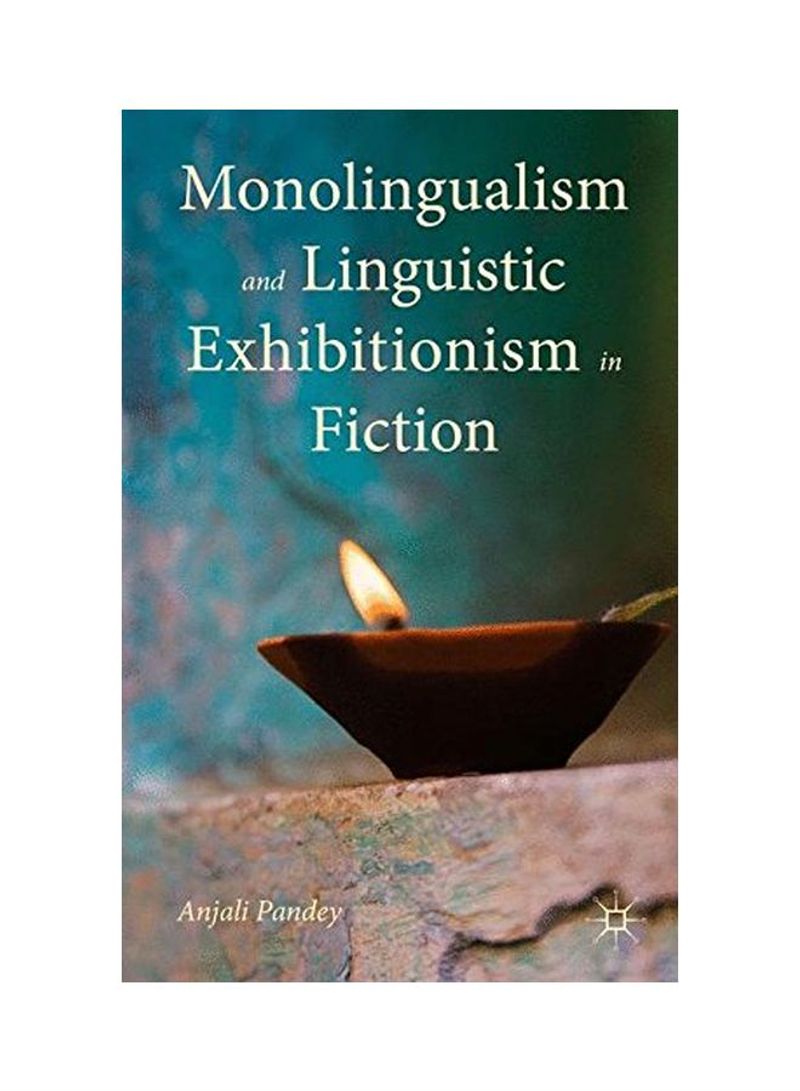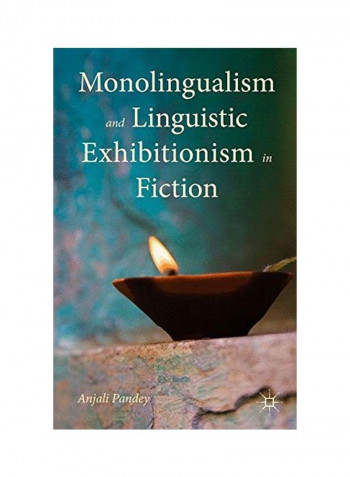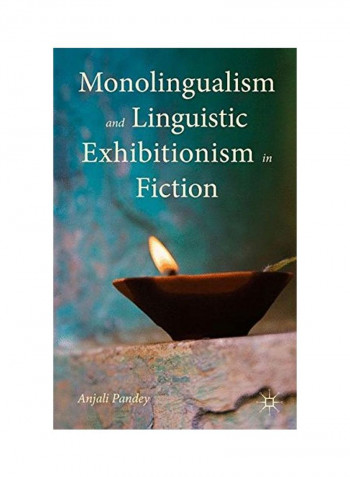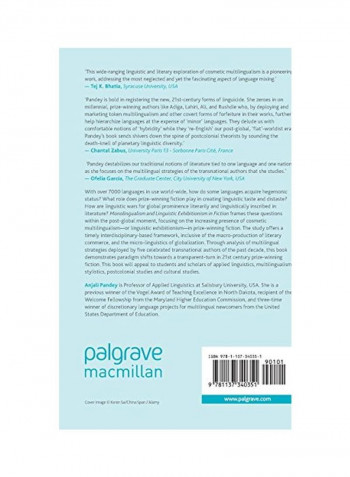Monolingualism And Linguistic Exhibitionism In Fiction Hardcover
Recommend
Sort by
Rating
Date
Specifications
Country of Origin
India
Author 1
Anjali Pandey
Book Description
How are linguistic wars for global prominence literarily and linguistically inscribed in literature? This book focuses on the increasing presence of cosmetic multilingualism in prize-winning fiction, making a case for an emerging transparent-turn in which momentary multilingualism works in the service of long-term monolingualism.
ISBN-10
1137340355
ISBN-13
9781137340351
Language
English
Publisher
Palgrave MacMillan
Publication Date
09 Nov 2015
About the Author
Anjali Pandey is Professor of Applied Linguistics at Salisbury University, USA. She is a previous winner of the Vogel Award of Teaching Excellence in North Dakota, recipient of the Welcome Fellowship from the Maryland Higher Education Commission, and three-time winner of discretionary language projects for multilingual newcomers from the United States Department of Education.
Editorial Review
Monolingualism and Linguistic Exhibitionism in Fiction is a timely, wide-ranging and thought-provoking work that simultaneously reasserts the power of literature and questions its influence on linguistic diversity and (in)tolerance. Because it reminds its readers of the importance of language difference and multilingualism, it will be of interest to a wide range of students and scholars but ... it will mostly appeal to those of applied linguistics, multilingualism, stylistics, postcolonial studies and cultural studies. (Noemie Nelis, English Text Construction, Vol. 10 (1), 2017)."Pandey's book is a timely good read for our post-global literary scene. It is a cogent account of linguistic imbalance in literature, literary capital, and canon formation. Interestingly, the book provides an insight into how scholars with a background in linguistics deal with literary materials. ... this book can be read as an ardent call for real multilingualism in fiction to help achieve more international communication and a better, symmetrical global interchange." (Dr. Shadi Neimneh, Arab World English Journal, October, 2016)




